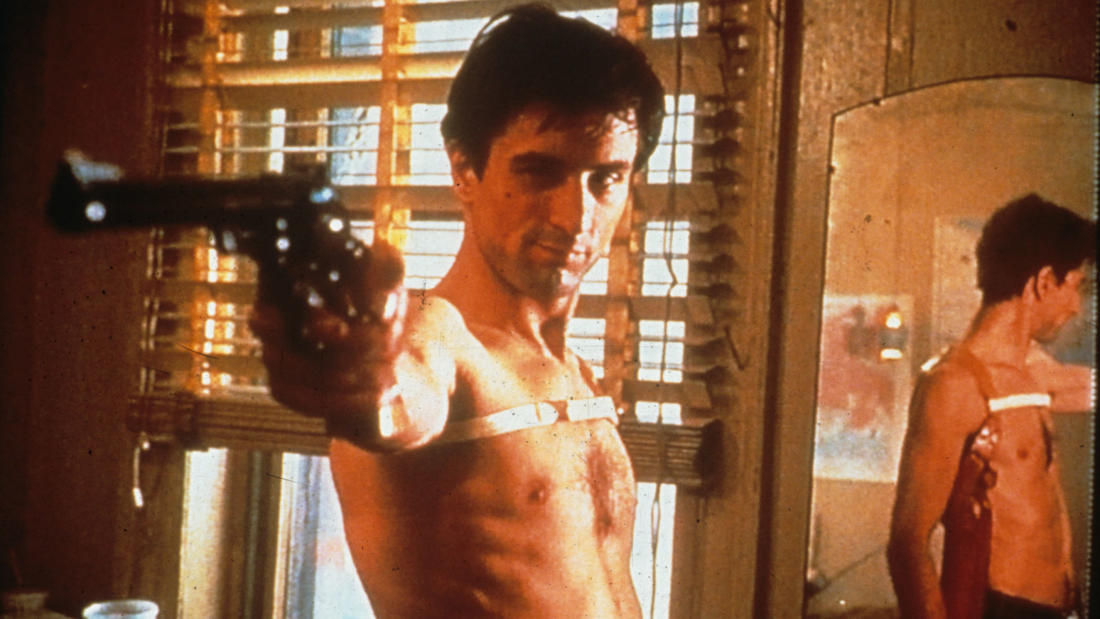
Coolidge Corner Theatre Brookline, MA
Michael Rosbash
Peter Gruber Endowed Chair in Neuroscience, Professor of Biology, and Howard Hughes Medical Institute Investigator, Brandeis University; Winner, 2017 Nobel Prize for Physiology or Medicine
Taxi Driver— Off beat: Circadian rhythms and our daily psychology
Program Description
Nobel Prize-winning scientist Michael Rosbash discusses circadian rhythms and how they play into Martin Scorsese's Oscar-nominated drama.
Presented At
Coolidge Corner Theatre Brookline, MA
Film Synopsis
Suffering from insomnia, disturbed loner Travis Bickle takes a job as a New York cabbie, haunting the streets and growing increasingly detached from reality as he dreams of cleaning up the filthy city, first plotting to assassinate a presidential candidate, then to rescue a 12-year-old prostitute.
Travis Bickle (Robert De Niro) is an ex-Marine and Vietnam War veteran living in New York City. As he suffers from insomnia, he spends his nights working as a cabbie, his days watching porn movies at seedy cinemas, and his life thinking about how the world, and New York in particular, has deteriorated into a cesspool. He's a loner who has strong opinions about what is right and wrong with mankind.
For Travis, the one bright spot in New York is Betsy (Cybill Shepherd), an employee on the presidential nomination campaign of Senator Charles Palatine. Travis becomes obsessed with her, but believes he has to do whatever he needs to make the world a better place, including assassinating Palatine and saving Iris (Jodie Foster), a twelve-year-old runaway and prostitute who he believes wants out of the profession, from her pimp and lover "Sport" (Harvey Keitel).
Image courtesy of PHOTOFEST
About the Speaker
Michael Rosbash is an American geneticist known for his discoveries concerning circadian rhythm, the cyclical 24-hour period of biological activity that drives daily behavioral patterns. Rosbash worked extensively with the fruit fly Drosophila melanogaster, involved in the regulation of biological rhythms in all animals including humans. The work had far-reaching implications, particularly for understanding the influence of circadian rhythms on daily physiological processes like metabolism and sleep. For his discoveries, he was awarded the 2017 Nobel Prize for Physiology or Medicine (shared with Jeffrey C. Hall and Michael W. Young).